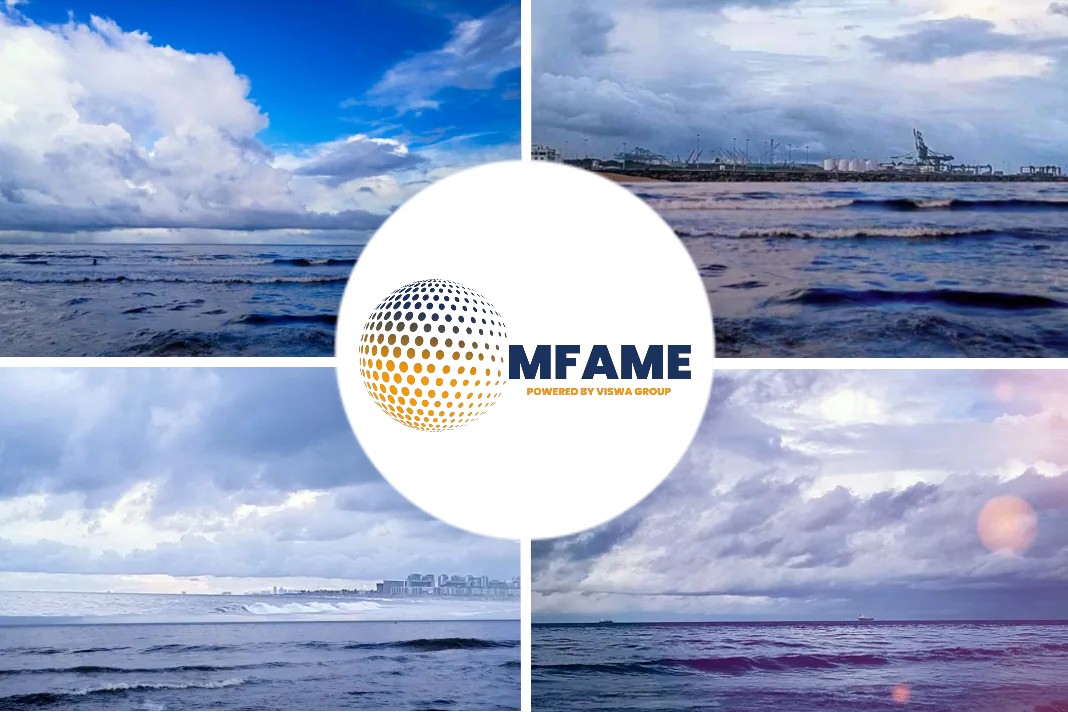In a major development, the IMO-GloFouling R&D Forum has announced that they will bring together regulatory bodies, stakeholders and representatives from shipping and other maritime industries, academia, leading scientific experts and technology development leaders in the field of biofouling management for a comprehensive overview of this rapidly expanding area of research and development and technology commercialization, says an article published in Sea News.
Global Focus on Biofouling
This first edition of the IMO-GloFouling R&D Forum is a timely move that coincides with the increased global focus on biofouling as one of the main vectors for the transfer of invasive aquatic species. The R&D Forum will be an opportunity to discuss the main aspects of biofouling management in shipping just before the review of the IMO Biofouling Guidelines commences in early 2020.
Biofouling Causing Non-indigenous Marine Species Spread
Management of biofouling is a research topic of major maritime and environmental importance. Together with ships’ ballast water and aquaculture, biofouling is one of the main culprits in the spread of non-indigenous marine species. Invasive species in marine and coastal environments are a threat to native biodiversity and productivity of the marine ecosystem. Non-indigenous and invasive species – even in very remote coastal areas – are now seemingly the norm rather than the exception.
IMO Calls for Papers
The IMO has invited abstracts for the following topics:
- Risks related to marine invasive and non-indigenous species in developing countries
- Impacts and management approaches for biofouling in aquaculture
- Impacts and management approaches for biofouling in offshore and ocean energy structures
- Impacts and management approaches for recreational sailing, yachts and marinas
Details of Paper Submission
The extended abstract should be written in English, with maximum length of 250 words. The abstract should include objectives, results and conclusions.
The abstracts can be sent over email to: glofouling@imo.org
An International Scientific Committee of renowned experts will review and select the papers that will finally be presented during the Forum.
Deadline for submissions: 15 August 2019.
“Authors will be notified of the acceptance by 31 August 2019. The full paper should be submitted by 31 October 2019 for inclusion in the Forum proceedings. Since a large number of abstracts are expected to be submitted to this IMO-GloFouling flagship event, the deadlines will be strictly followed,” the IMO stated.
Did you subscribe to our daily newsletter?
It’s Free! Click here to Subscribe!
Source: SeaNews















![[Watch] Crazy Power Needed to Move World’s Largest Containerships](https://mfame.guru/wp-content/uploads/2023/11/mfame-tanker-100x70.jpg)

